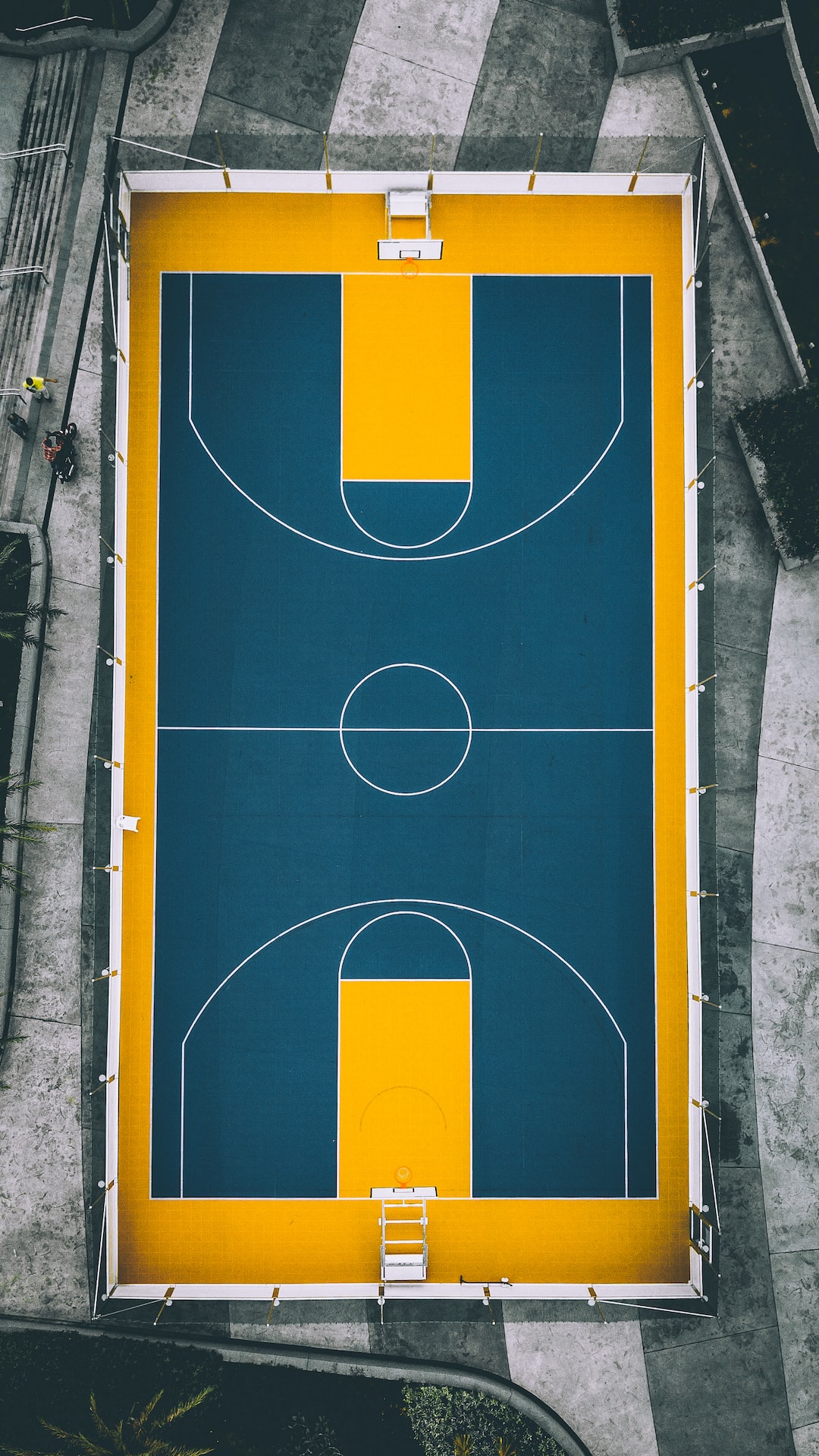How Sports Unite Cultures: The Power of Sports in Bridging Divides
Sports have always had the remarkable ability to transcend borders and bridge divides between cultures. It is in the realm of sports that people from different backgrounds, languages, and religions can come together, united by a shared love for the game. Through the power of sports, significant strides have been made in promoting unity and fostering understanding among diverse communities worldwide. In this blog post, we will explore how sports can break down barriers, promote intercultural exchange, and foster a sense of togetherness.
One of the most evident examples of sports bringing cultures together is the Olympic Games. The ancient Olympics were a showcase of athletic prowess, but they also served as a platform for cultural exchange between rival city-states. Today, the Olympics continue to embody the spirit of unity and friendly competition. Athletes from different nations gather in a single location, putting aside differences and displaying sportsmanship and camaraderie. Beyond the sporting events, the Olympics provide an opportunity for cultural exchange through the opening and closing ceremonies, where each country showcases its unique heritage. This celebration of diversity through sports leaves a lasting impact on the world, highlighting our shared humanity.
Football, or soccer, is another sport that unites cultures like no other. It is the most widely played and watched sport globally, with its popularity transcending language barriers and cultural differences. The FIFA World Cup, held every four years, is a testament to the power of football to bring people together. Fans from all corners of the world cheer for their national teams, creating a sense of unity that surpasses political, religious, and social differences. The sight of fans from different cultures celebrating and commiserating together showcases the unifying power of sports.
Beyond international competitions, sports at the local level also play a crucial role in bridging divides and fostering understanding. Many cities and communities organize intercultural sports leagues, where individuals from diverse backgrounds come together to play and socialize. These leagues provide an environment where people can interact, learn about different cultures, and build lasting connections. Whether it’s a basketball, cricket, or rugby league, these sports bring people together, breaking down prejudices, and building empathy.
Sports can also act as a vehicle for social change and addressing social issues that divide communities. Take, for example, South Africa’s victory in the 1995 Rugby World Cup. At a time when the country was grappling with the legacy of apartheid, the success of the national rugby team, the Springboks, had a unifying effect. The team, largely seen as a symbol of the white minority, became a source of pride and inspiration for all South Africans. Nelson Mandela, the country’s first black president, famously used the Rugby World Cup as a platform to promote reconciliation and unity, donning the Springboks jersey and shaking the hand of the team’s captain. This powerful moment showcased the transformative power of sports in bringing together a divided nation.
Sports can also serve as a way to challenge stereotypes and misconceptions. When athletes from different cultures come together and compete, they break down preconceived notions about each other. It is through sports that people can witness firsthand the skill, talent, and determination of individuals from diverse backgrounds. Whether it’s a Muslim boxer or a female weightlifter from a conservative society, these athletes defy stereotypes, inspiring others to challenge their misconceptions and foster greater acceptance and inclusivity.
In conclusion, sports have an incredible ability to unite cultures, bridging divides, and fostering understanding. Whether at the international or local level, sports provide a common ground where people can come together, leaving behind their differences and celebrating their shared humanity. The Olympic Games, football, and intercultural sports leagues are just a few examples of how sports bring diverse communities together. By breaking down stereotypes and promoting social change, sports have the capacity to create a more inclusive and interconnected world. As we continue to embrace the power of sports, let us celebrate the unifying spirit they bring and work towards building a more harmonious and tolerant society.

